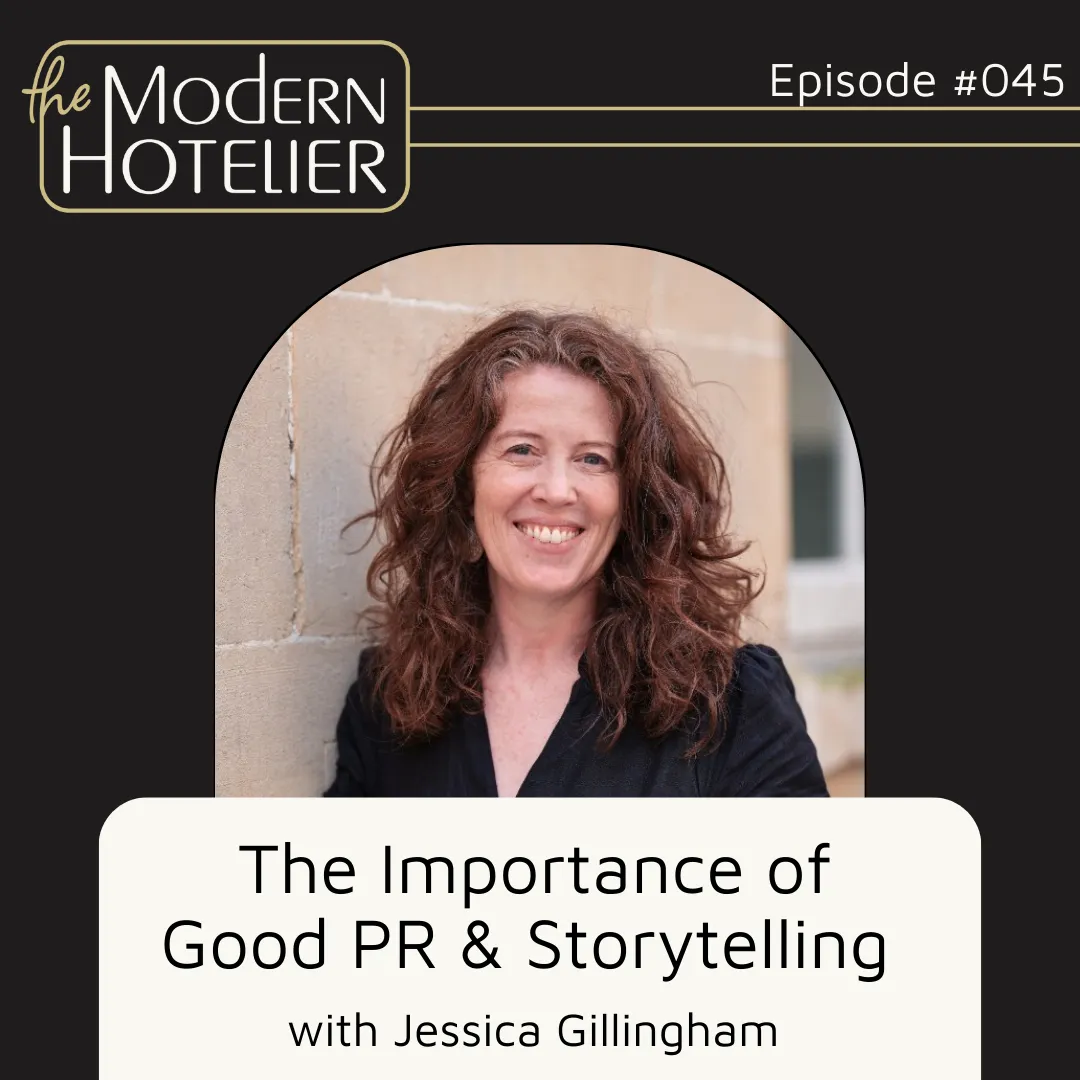Jessica Gillingham is a public relations expert in the hospitality and lodging space. She is the founder and CEO of Abode Worldwide, a public relations agency she launched in 2017 to focus on raising the profile of transformative technology solutions and enterprise operators in the global short-term rental, lodging, and living sectors.
With over 20 years of experience in travel, hospitality, and technology, Jessica is also an advisor, board member, leadership mentor, and industry commentator on the confluence between hospitality, living, and property. Her company sits at the heart of the developing intersection between work, life, and play and partners with brands leading in this transformation.
In this episode, you'll discover:
- How good PR is the secret to gaining traction quickly
- Why the short-term rental "Gold Rush" is over
- How storytelling helps to make sense of your message and translate it to your ideal audience
- Why you need to invest in your story, brand, awareness, and education.
Join the conversation on today's episode on The Modern Hotelier LinkedIn page.
The Modern Hotelier is produced, edited, and published by Make More Media: https://makemore.media/
Episode Links
Jessica Gillingham
David Millili
Steve Carran
Steve on LinkedIn
The Modern Hotelier
Transcript
Automatic Transcription - please excuse any errors

